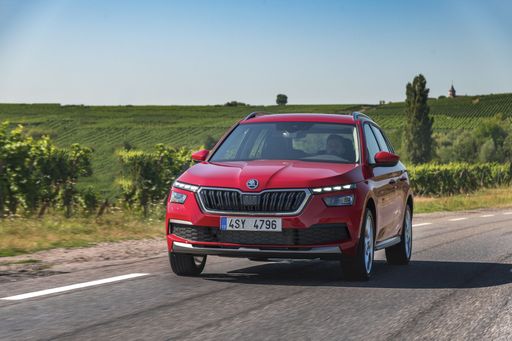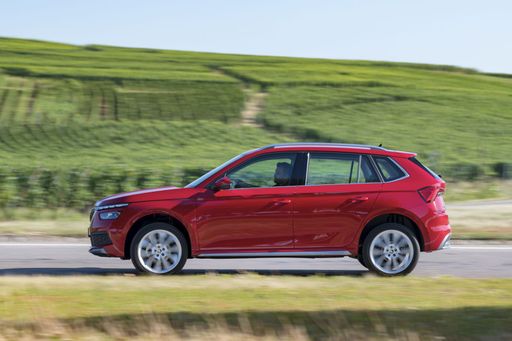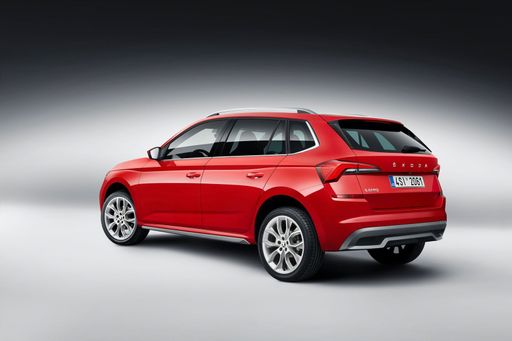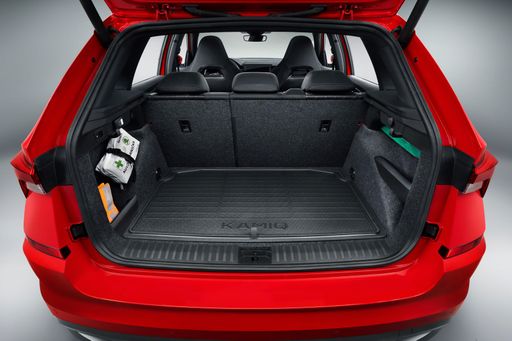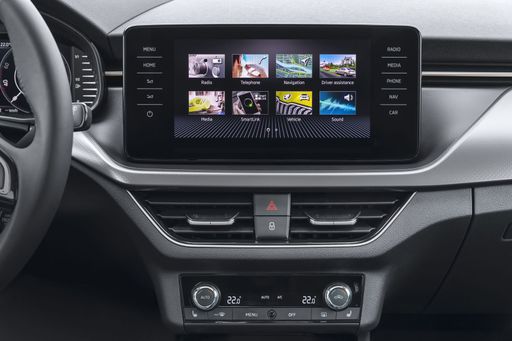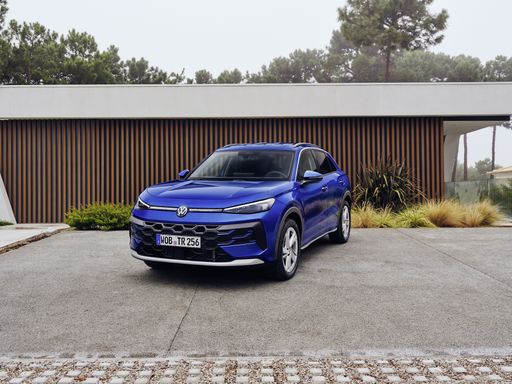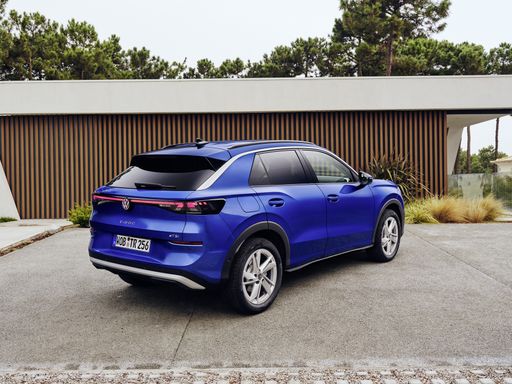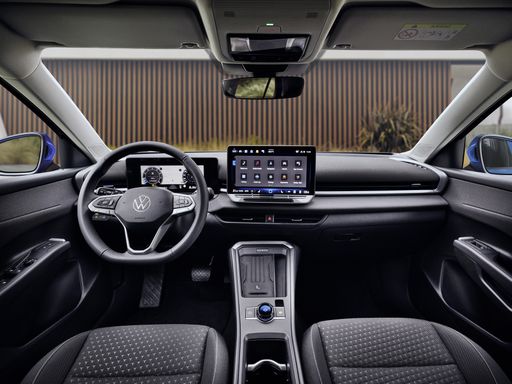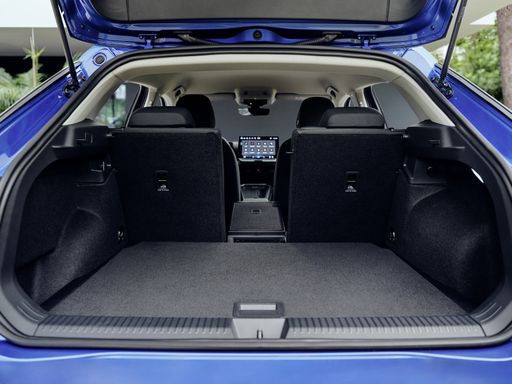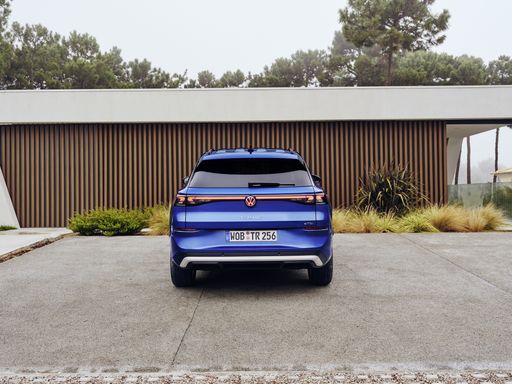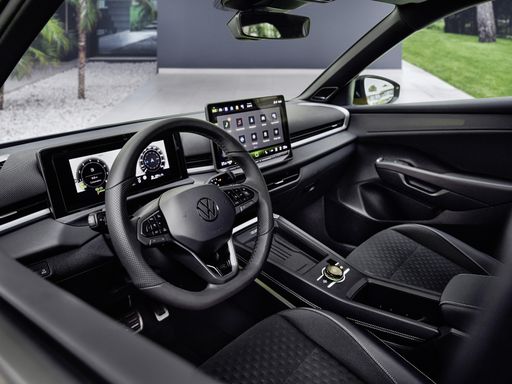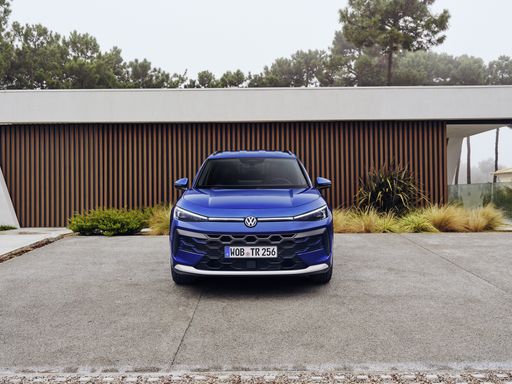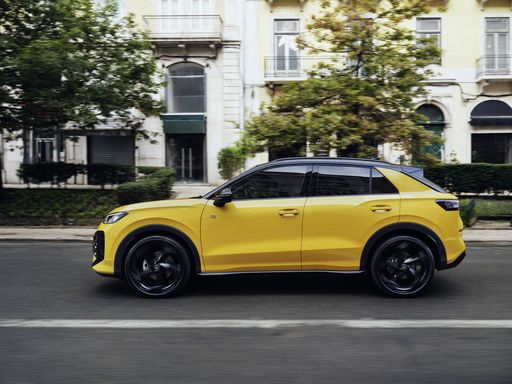City Coat vs Road Stance
The Skoda wears understatement like a well-tailored jacket — modest lines, sensible detailing and an approach that screams practicality over flash. The VW, by contrast, arrives with more swagger, bolder styling and a look aimed at buyers who want their crossover to make a statement at the lights. Both find homes in urban life, but they dress for different audiences: one for quiet competence, the other for attention with a hint of attitude.

